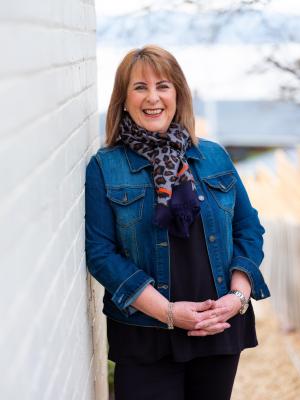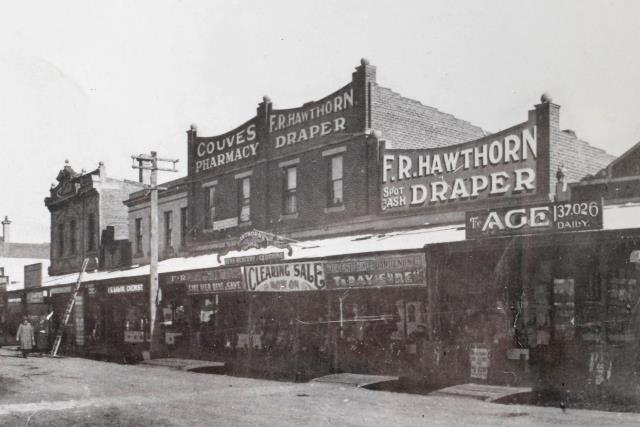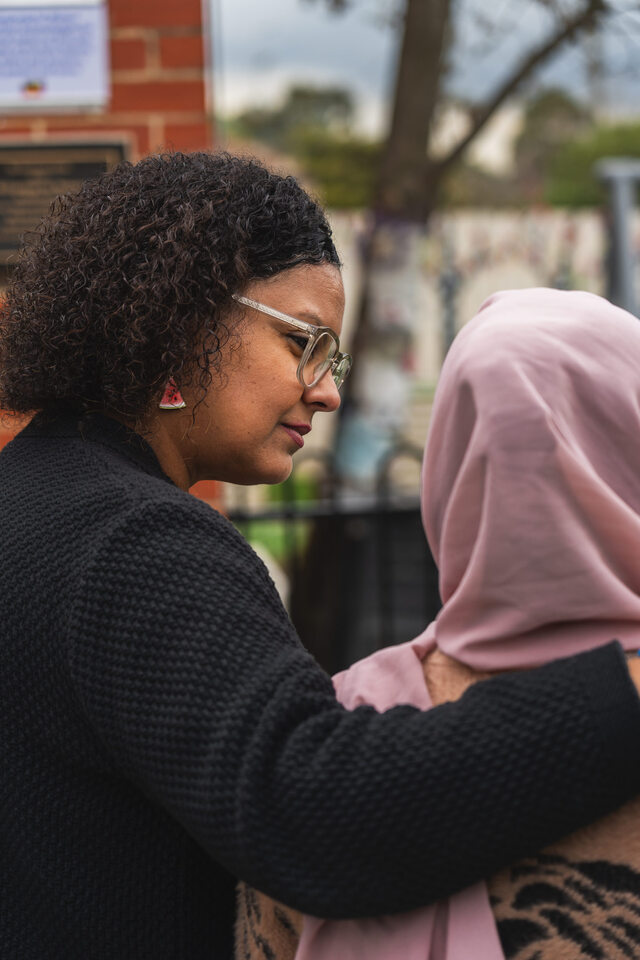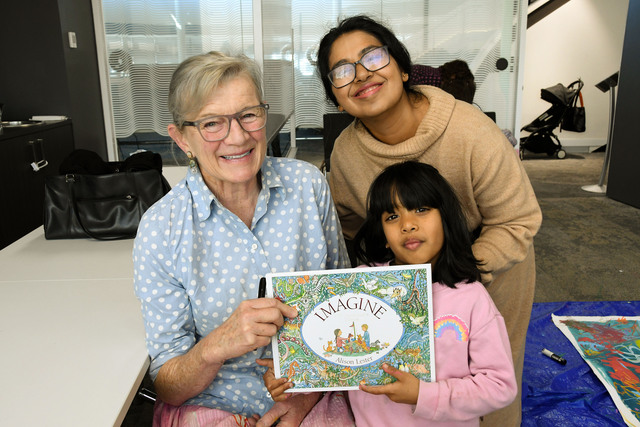Family violence and homelessness have risen sharply in the South East despite the easing of Covid lockdowns, according to data from housing agency Wayss.
In the past year, clients seeking “immediate housing support” – including rough sleepers and women and children fleeing family violence – has more than doubled.
More than 8000 clients sought Wayss’s assistance in January-March 2021 – up by 4800 from the same time in 2020.
In December, more than 800 family violence victims were referred to Wayss for accommodation – up 16 per cent from 12 months earlier.
Wayss chief executive Liz Thomas said the surprising spike may be due to economic stress as JobKeeper and ‘mortgage holidays’ wind down.
Worryingly, the stats predate the impact of JobKeeper’s closure at the end of March.
“We were really expecting those figures to go down as the (lockdown) restrictions passed,” Ms Thomas said.
“However, we know that financial stress is one of the triggers of family violence.
“We’re just wondering if there’s an effect from Grace Tame who’s been very vocal and prominent in the media as Australian of the Year.
“With those conversations, more people are speaking out and seeking the services that are available.”
Wayss field workers are reporting more severe and complex family violence incidents.
Particularly worrying are the high severity of victim’s first reported incidents, Ms Thomas said.
There was an urgent need for emergency accommodation in “whole houses” rather than motels, particularly for women and children escaping family violence, Ms Thomas said.
Motels in the region were currently the only options due to a “critical lack of crisis accommodation”.
“Can you imagine what it’s like being in a motel room, feeling unsafe and trying to entertain the children?
“This can trigger a woman to return home to a violent relationship because the alternative is so taxing.
“There’s a critical lack of crisis accommodation.”
During Covid-19, motels were filled with rough sleepers as part of a state-funded program. That initiative is also winding down, Ms Thomas said.
She was hopeful of a social housing boost as part of the State’s Big Housing Build. Casey and Cardinia were identified as priority regions, but not Greater Dandenong, she said.







